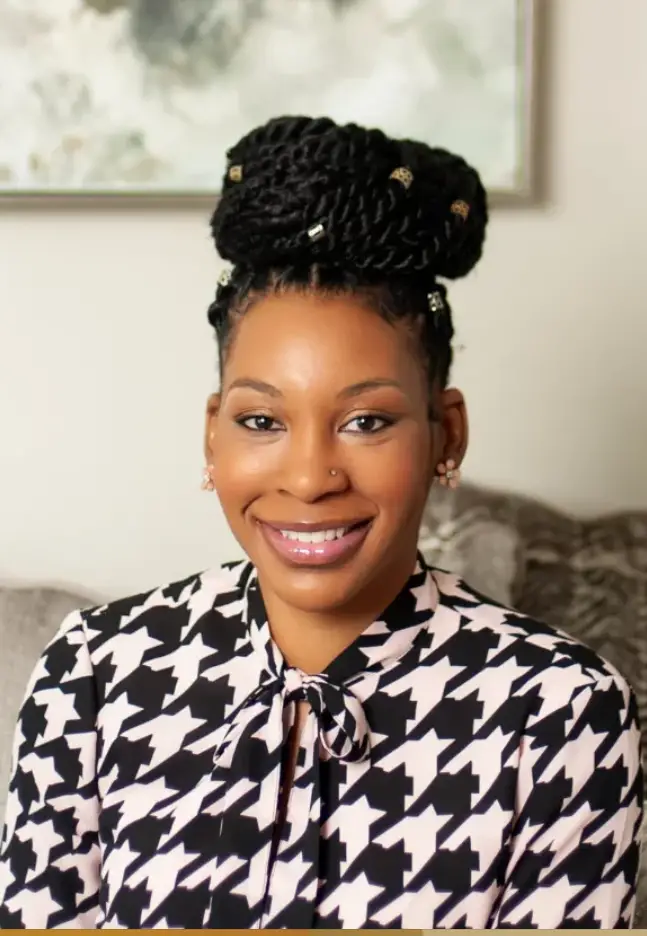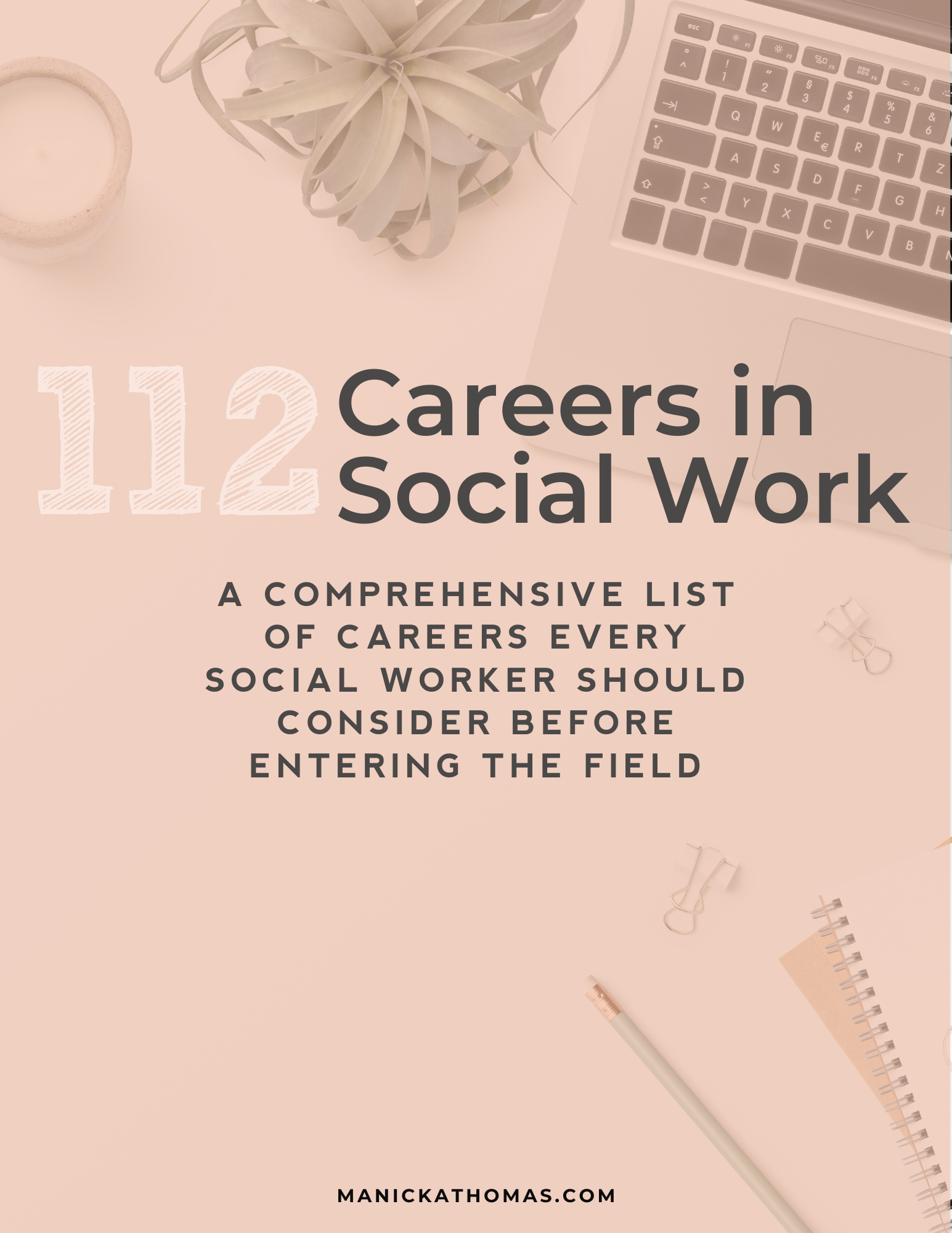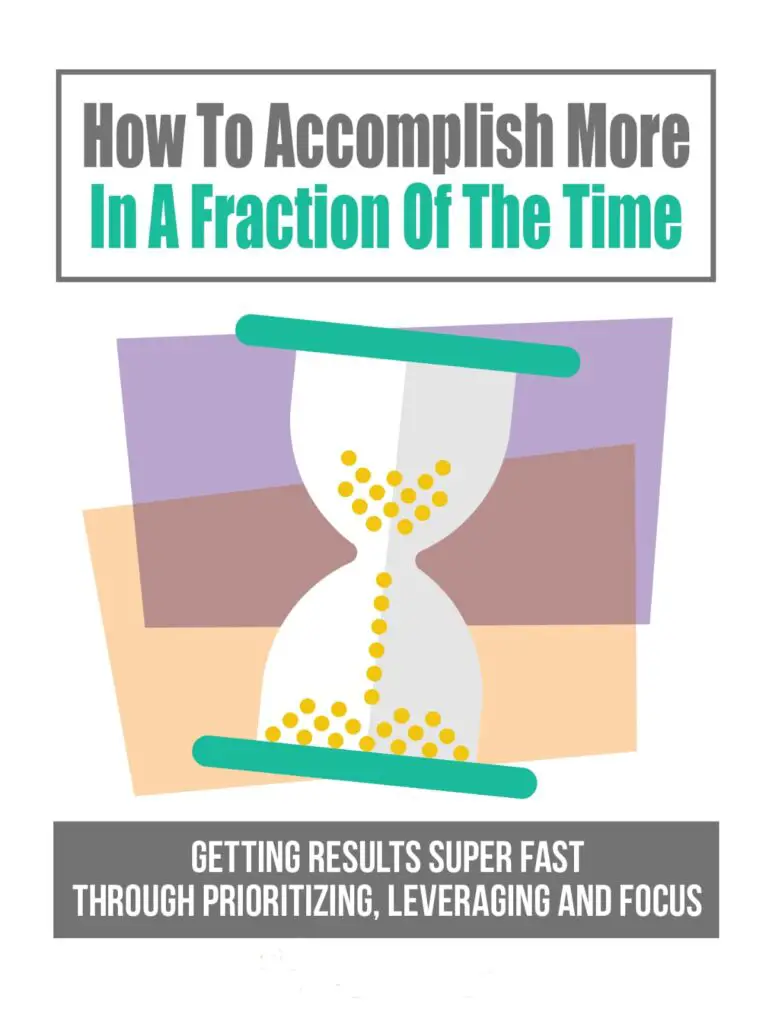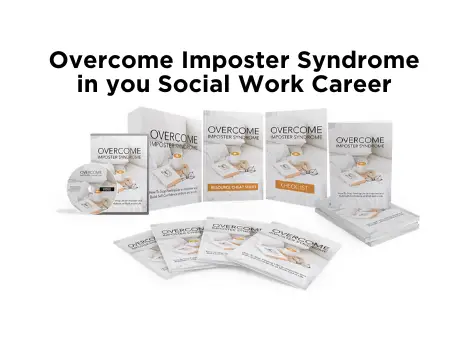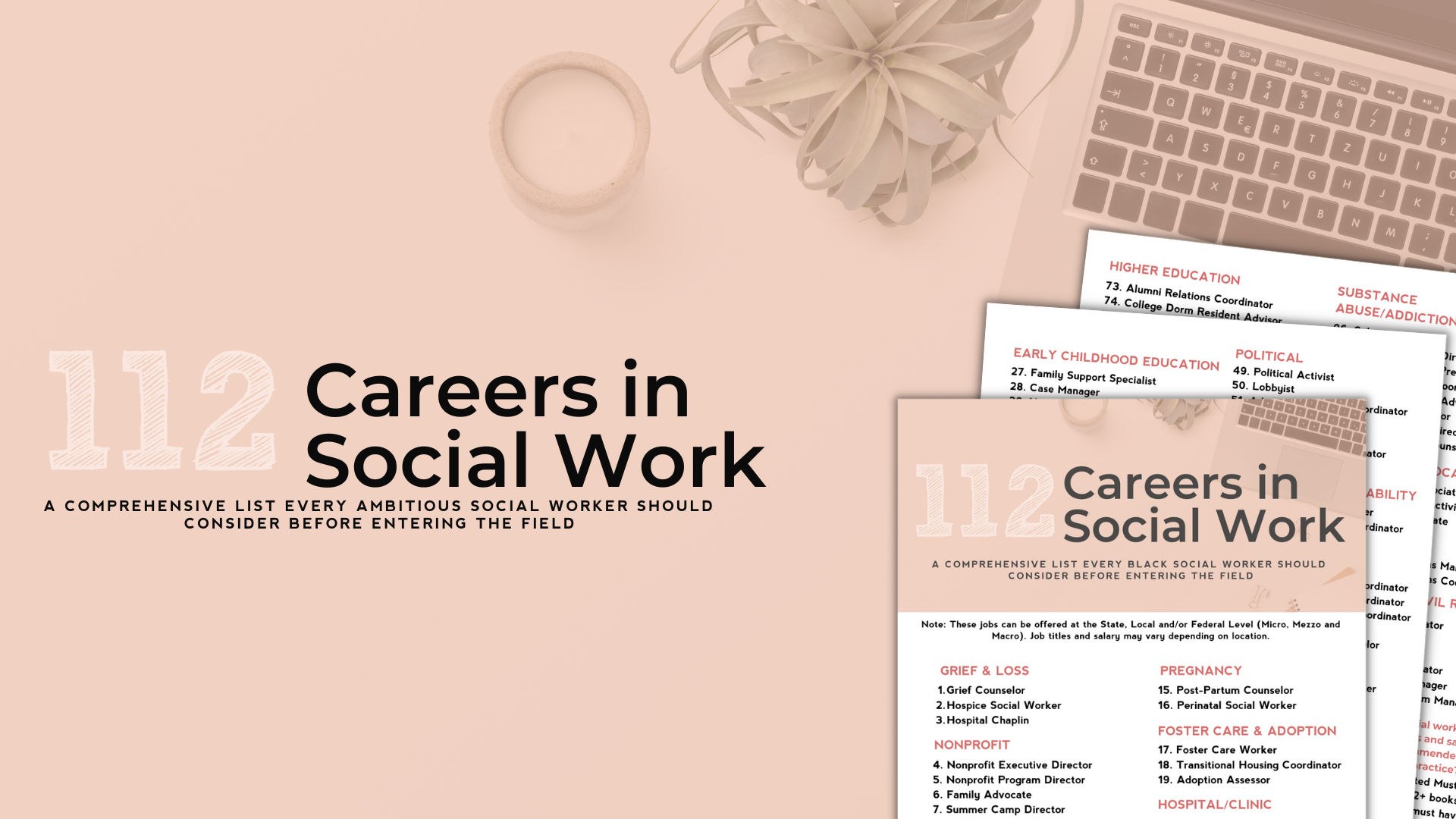- Introduction
- The Connection Between Self Doubt and Imposter Syndrome
- Self Doubt As A Social Worker Definition
- Self Doubt As A Social Worker Meaning
- Breaking Through The Cloud of Imposter Syndrome
- The Faces and Effects of the Black Inferiority Narrative
- 3 WAYS TO OVERCOME SELF-DOUBT AS A SOCIAL WORKER
- Conclusion
This site contains affiliate links, view the disclosure for more information.
Table of Contents:
-
Introduction
-
The Connection Between Self Doubt and Imposter Syndrome
-
Self Doubt As A Social Worker Definition
-
Self Doubt As A Social Worker Meaning
-
3 Ways to Overcome Self Doubt As A Social Worker
-
Conclusion
-
Book Recommendations on Self Doubt As A Social Worker
Introduction
Self doubt Narrative #1:
This is so wrong? Who am I to tell a mom that she can’t take her baby home from the hospital?
Self doubt Narrative #2:
Should these families trust ME to make decisions about what’s best for their families? I just graduated!
Self doubt Narrative #3:
Is recommending Planned Parenthood to a mom further causing trauma within our community? I didn’t go into the Social Work profession to harm families, I came into this profession to help!
When it gets REAL as a Social Work professional, it’s so easy to question your skills, your impact and your capabilities. The scenarios I shared above are ALL thoughts that I’ve struggled with at different levels of my Social Work career. These thoughts are oftentimes referred to as Imposter Syndrome. I’ve heard so many Social Workers and Therapists talk about Imposter Syndrome and I have to admit…for me personally, every time I hear the phrase it makes me cringe. So in this post, I want to talk about the connection between imposter syndrome and self doubt and then give you 3 ways you can overcome it, if you’re also struggling with these feelings as a Social Worker.
The Connection Between Self Doubt and Imposter Syndrome

Self-doubt and Imposter Syndrome are very closely related, but they’re not the same. Self-doubt is wondering if you are good enough while questioning your decisions, your intentions and your abilities. Imposter syndrome is a specific type of self-doubt. It’s when you achieve a career milestone, but you feel like you don’t deserve it or that you just got lucky. It’s like thinking you’re tricking everyone into believing you’re better than you are. So, Imposter Syndrome is a kind of self-doubt that’s focused on your achievements. I have a separate blog post where I go into more detail about the connection between self doubt and Imposter Syndrome, but I like to use the analogy of a shadow. Imagine self-doubt as a shadow that sometimes follows you around, making you question your steps. Now, think of Imposter Syndrome as a huge cloud that appears when we achieve something, and it makes the shadow darker and even more concentrated. Imposter Syndrome seeks to caste a shadow of doubt over your accomplishments. Just like how clouds can hide the sun, Imposter Syndrome can temporarily obscure your confidence, even when you’ve done great things. Understanding this helps you realize that
1. self doubt is situational, sometimes it’s there and sometimes it’s not, and
2. Imposter Syndrome is like the passing cloud, it will eventually move on, leaving your true capabilities to shine through.
Defining Imposter Syndrome
To define it in clear terms, Impostor Syndrome: is a psychological pattern in which an individual doubts their accomplishments and has a persistent internalized fear of being exposed as a “fraud.”
As it relates to the Social Work profession, The Guardian defined it as: that feeling of self-doubt that comes with the need to prove oneself as a professional Social Worker while addressing the significant factors affecting each client.
Recognizing the connection between self-doubt and Imposter Syndrome is important because it helps you know that every situation you experience is not triggering Imposter Syndrome. Knowing that these feelings are not isolated or uncommon, fosters a sense of solidarity with other Social Work professionals, and also provides a foundation for new learning and developing more confidence as a professional.
Self Doubt As A Social Worker Definition
It’s very normal to experience feelings of self doubt as a Social Worker. Self-doubt as a Social Worker refers to an inability to trust your professional abilities, judgments, and decisions as you are providing services to children, youth and families. It’s that gut wrenching feeling that makes you question every decision you make, every task you perform, and every success you achieve. It’s the nagging voice whispering, “Are you sure you can do this work?” “Are you experienced enough for this role?”
It’s the hesitation before you share your ideas in a meeting due to the fear of being wrong or looking stupid.
And, it’s the reluctance to embrace new career opportunities, because of fear of failure or looking like you don’t know what you want out of your Social Work career.
In essence, Self doubt is asking, “Am I good enough?” As you continue to navigate the complexities of the profession, self-doubt can often pop up, seemingly out of nowhere, making you question your abilities and impact. Despite your dedication to the profession and hours of training, there is still a part of you that wonders if you’re doing enough, and if you’re truly making a difference in the lives of those you serve. It’s important to remember that these moments of doubt don’t define your worth as a Social Worker, but rather serves as an opportunity for reflection and growth in your practice.
Self Doubt As A Social Worker Meaning
As Social Workers we are told that the feelings of self doubt and not trusting yourself never go away. And although I do believe this, to a certain degree, all hope is not lost. As I said before, I believe that self doubt as a Social Worker is situational, sometimes it’s there and sometimes it’s not. So what that means is you’ll have to learn how to manage through the emotions and quiet the negative self- talk. And it is going to feel like as soon as you hit one level of success in your life and in your Social Work career, there’s another level of self doubt that you have to continue to break through. So at every level of success, there will still be the thought of, “am I good enough?” What I believe changes, is that the question isn’t as loud and the feeling isn’t as strong.
Causes of Self Doubt As A Social Worker
Just as we help our clients work through their negative beliefs and negative self talk, we are not exempt from doing that work either. From childhood to adulthood, self doubt is a recurring feeling that has shaped us, just as it has our clients.
Here are some of the drivers that challenges or self belief:
- Past experiences and failures
- Childhood conditioning
- Negative feedback or criticism
- Little to no support system
- Growing up with unrealistic expectations
Consequences of Self-Doubt As A Social Worker
As a Social Worker, I do think it’s very possible to doubt the work that you’re doing, without doubting who you are as a person! You have to separate the two because you are enough. The type of work that you do as a Social Worker does not define you, and sometimes the work that you’re asked to do, just doesn’t align with your values. But if you continue to work in Social Work roles that are out of alignment with your values it can lead to feeling completely unfulfilled and like you’re ready to leave the profession all together.
Unchecked self-doubt as a Social Worker can lead to:
- Procrastination
- Decreased creativity
- Reduced productivity
- Increased stress
- Analysis Paralysis (overthinking)
Breaking Through The Cloud of Imposter Syndrome

Now…as a Social Worker, I’m never one to impose my personal beliefs on anyone. If you believe that Imposter Syndrome is real in your life, then I absolutely believe that you must overcome those beliefs before you have any level of success in your career. Because as the definition says, Imposter Syndrome is one of those feelings that creeps in, just as you are feeling good about your success and achievements, and tells you that you don’t deserve it and that your achievements were a result of luck. Or even worse, you feel like the rug is going to be pulled from under you! So I did want to included a helpful training below if this is where you are.
BUT.. I DO want to invite you to consider another level to Imposter Syndrome that I think you should consider, if you are a Black Social Worker reading this. I don’t believe that we can take the definition of Imposter Syndrome at face value, due to the fact that our internalized beliefs have been reinforced, for centuries, through negative betrayals of Black men, women and children. From the images in media, tv, and film, we have been fed a false narrative about who we are as Black people, what we deserve, where we can go and who we can become.
I believe that we need a new cultural definition of “Imposter Syndrome” that fits our lived experiences. And I want to call it the Black Inferiority Narrative. (And yes, I did just coin this term, so if you see it floating around in Social Work classrooms, let me know!, lol). The Black Inferiority Narrative means working through the negative story (i.e the narrative) that plays subconsciously in our minds.
To me, it’s this false Black Inferiority Narrative that has caused us to believe that we’re not as competent as other people perceive us to be. It’s the false narrative that causes us to attribute every win in our lives to luck or timing, never to our skills or efforts. In short…
The Black Inferiority Narrative is internalizing the false narrative of unworthiness, while harboring fear of being unmasked for undeserved achievements, while actually being deserving of recognition.
The Faces and Effects of the Black Inferiority Narrative
When you internalize negative beliefs about yourself this results in many unintended behaviors. And because the false narrative is intended to constantly remind you of your unworthiness, you subconsciously get caught in a cycle of trying to prove to yourself and to others that you are in fact worthy. The Black Inferiority Narrative can take various forms, including:
- The Perfectionist – struggles with ease. Dreads making a single mistake for fear of looking incompetent
- The Expert – feels the need to know every piece of information before starting
- The Overachiever – struggles with contentment and believes competence is measured by awards, education and accolades
The consequences of the Black Inferiority Narrative can be destructive:
- Increased stress and anxiety
- Workaholism
- Avoidance of challenges
- Decline in self-confidence
Just as Imposter Syndrome is a form of self doubt, I believe that the Black Inferiority Narrative is also a form of self doubt while using a cultural lens.
3 WAYS TO OVERCOME SELF-DOUBT AS A SOCIAL WORKER

Now don’t get me wrong, I did have a LOT of self-doubt about being a Social Work entrepreneur, because I literally have not seen any Black Social Worker build the type of business that I want to have. Maybe she is out there, but we’ve not crossed paths…email me if you are reading this! lol. I’ll talk more about being a Social Work entrepreneur on another blog posts, if you’re interested.
When I was training to become a facilitator for Emotional Emancipation Circles through the Community Healing Network, the mantra of their curriculum is to Defy The Lie of Black Inferiority and White Superiority. That to me, is what’s at the heart of OUR Imposter Syndrome (i.e Black Inferiority Narrative) and a major part of how you overcome self doubt as a Social Worker. We have historically been told a lie; that we are less than, not good enough and don’t deserve what white people get. We have, to a large degree defied these odds individually, but collectively, as a cultural group, we still rank at the bottom of nearly every income, wealth and health disparity. And this is not because we don’t believe that we are good enough. We have been indoctrinated and fed a narrative to belief that we are not good enough. To overcome this self doubt as a Social Worker, more specifically, a Black Social Worker, this is what I recommend:
- DEVELOP A POSITIVE RACIAL IDENTITY
To overcome self doubt as a Social Worker you will need to affirm your racial identity. You can do this through Cultural Affirmations. Read them in the morning and at night. I will write a separate blog post about this. Saying positive things to yourself, about yourself as a professional, every single morning and night can help remove that self-doubt from your mind. That is only if you also work on detaching your belief from the negative story or the narrative. There is a narrative that you have come to accept about yourself. This narrative must be rewritten and re-defined in ways that speak to who you are and who you really want to become. Here are some cultural affirmations by Briana Burch.

- Your cultural affirmations should counter EVERY message you have received from family, co-workers, foster parents or partners that attempted to define you as a person
- And then you want to do the work of recognizing how these messages have shaped the way you show up as a professional Social Worker
I HIGHLY recommend this audiobook by Kayla Holder. When I heard it, I was like, YESS! If you don’t have an Audible account you can set one up here.

We’ve all heard the negative comments about our decision to be a Social Worker. But you can change the narrative! You can visualize a different version of yourself that is bathed in love, self-acceptance and true feelings of worthiness. Let’s revisit the scenarios from the beginning of the post and reframe them with a new narrative.
New Narrative #1:
If the mom is struggling to provide proper care for her baby, my role is to help provide a stable environment to keep the baby safe before the mom leaves the hospital.
New Narrative #2:
All of the decisions I make, even as a new graduate, will be made in the best interest of the family, whether they trust me or not. I will work to gain their trust over time.
New Narrative #3:
I will do my due diligence to explore resources and present them as options to the mom. I will explain the pros and cons of each and allow her to make the best decision for her situation. If my conscious cannot sit with my recommendations, I will seek out a new career path in Social Work that is more aligned with my values.
2. SHUT OUT THE NOISE OF INFERIORITY
We are constantly receiving messages from movies, videos and pictures that seek to define our beauty, our mood, sexuality, attitude and intelligence. Getting rid of the noise of inferiority is so important to be able to overcome self doubt as a Social Worker. Unsubscribe, unfollow, and delete those people who create feelings of jealousy, resentment and unworthiness. Unfollow the people with different skin tones, facial features, body types and hair textures, if you have not fully accepted your own. Keep following the people who reflect back to you the beauty in who YOU are. Follow people who help you feel motivated and inspired to be a Social Worker. Get rid of every distraction that is leaving room for self-doubt and feelings of unworthiness.
Know that no one can create self-doubt within you once you are more conscious of your own self doubt. If you continue to feel like you have to prove yourself or you notice that you are becoming the Perfectionist, the Expert or the Overachiever, then you have to own this truth. These people are only reflecting back to you what you already believe about yourself, which are your own feelings of internalized self-doubt and feelings of unworthiness. Shutting out the noise of inferiority is your work to do in order to overcome self doubt as a Social Worker. You want to discover the root of those feelings and being replacing them with feelings of self-love and true acceptance.
When I first started to do the work overcoming self doubt as a Social Worker, I had to learn how to shut out the noise of inferiority. I unfollowed anyone who used guilt or shame in their messaging or reinforced that I wasn’t working hard enough, I didn’t want it enough or that I was being too lazy. You will have people say this to you as you are navigating your Social Work career. They disguise their language as “changing your mindset.” But some of those messages, to me, are harmful to a group of people who have been fed this narrative for decades. When working through the challenges of the Social Work profession, there is a HUGE need for encouragement and uplift, so I recommend finding people who can do that with compassion and understanding, not guilt and shame.
3. EXIST IN COMMUNITY
As I stated before, having self doubt as a Social Worker is normal. We’ve all experienced those thoughts and feelings at some point in our professional journey. Social Work groups, as accountability partner, mentor, friend and a supportive partner or parent are all people you can connect with to form your community. I remember years ago attending a Vision Board Party and telling a group of women my goal of opening up my private practice and teaching courses to Social Workers online. The fact that they were so supportive and poured into my ideas helped me believe that I could do it and that it was possible.
As far as growing my practice and overcoming my own self doubt as a Social Worker, I followed these same three suggestions. I kept positive cultural statements around me and looked for stories of successful black women in all industries. I read encouraging stories about their success and watched videos of their journey to cut out the noise of inferiority. I joined groups of women who have successful businesses and talked with women who wanted to perform at high levels by building a successful business online.
Conclusion

Social Work is a demanding profession and it is normal for you to experience feelings of self-doubt. Remember, self-doubt isn’t a reflection of your skills or capabilities, but an opportunity for growth. You can overcome self doubt as a Social Worker and replace the Black Inferiority Narrative with true feelings of self acceptance and worthiness, without having to constantly prove yourself to anyone. And just think about it…when you consider who we are, who our ancestors were and what Black people have endured as a cultural group, who are WE, to feel like imposters?
You DESERVE, to be here, you DESERVE to take up space. You are your ancestors WILDEST dreams!
Book Recommendations on Self Doubt As A Social Worker



